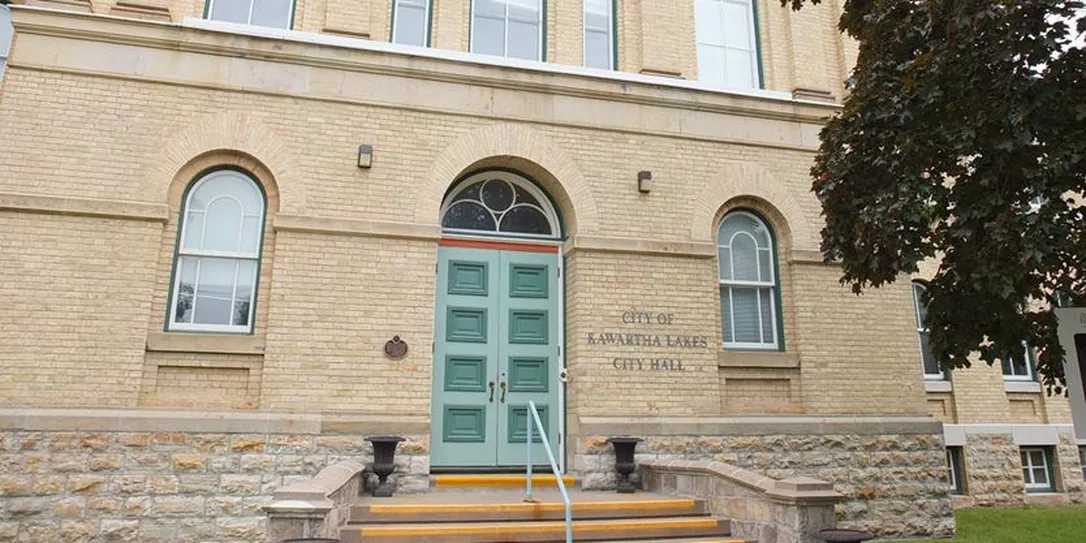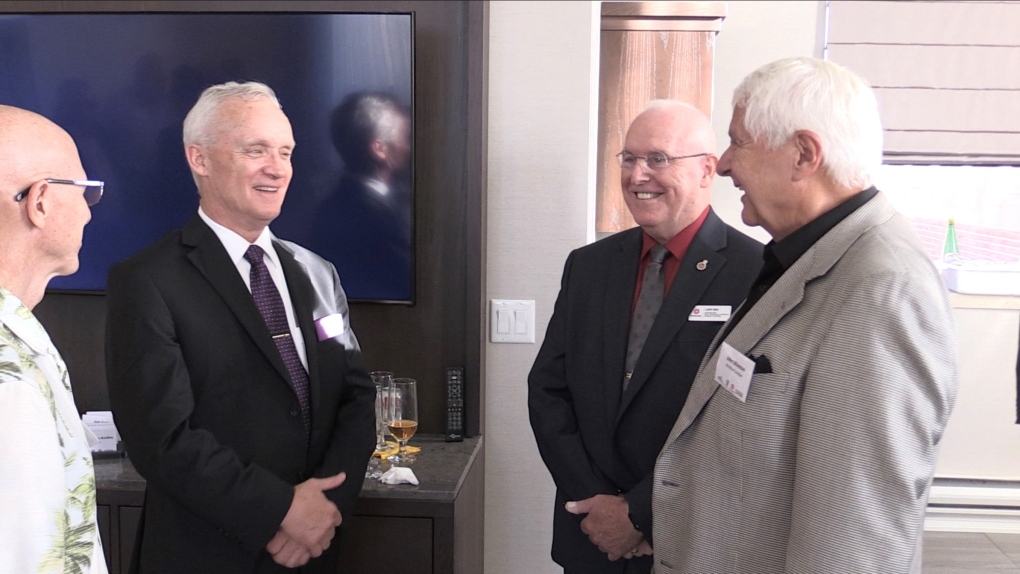Indigenous leaders need company reconciliation efforts to increase past Sept. 30 – Enterprise Information


Picture: The Canadian Press
Krystal Abotossaway, president of the Indigenous Skilled Affiliation of Canada.
Chelsee Pettit spent a lot of the summer time collaborating with designers to create and manufacture attire reflective of the Indigenous values she hoped could be on individuals’s minds when Canada marks its second Nationwide Day for Reality and Reconciliation.
However within the days main as much as Sept. 30, she seen many corporations had not had the identical forethought and had been scrambling to position bulk orders along with her retailer, Aaniin.
“It is just a bit humorous how last-minute different organizations which can be all non-Indigenous are, they usually’re pushing that (work) again onto Indigenous individuals,” stated Pettit, an Anishinaabe girl.
“We’re not like huge field shops that simply have disposable T-shirts and are at all people’s beck and name. Working with us forward of time versus simply laying it on us every week earlier than the day, I feel could be tremendous useful.”
Pettit has tried her greatest to accommodate last-minute orders, however she and different members of the Indigenous enterprise neighborhood see the development as an indication of how rather more work company Canada has to do to show help for Indigenous communities right into a 365-day-a-year effort.
Whereas many companies encourage workers to don orange shirts — a practice began by residential faculty survivor Phyllis Webstad in 2013 — or to promote wares within the vibrant hue on Sept. 30, these efforts rapidly fade. Corporations typically do not do rather more to raise Indigenous voices and causes.
“It’s optimistic that we’re seeing training occur and awareness-building occur, however it may be fairly triggering and dangerous for Indigenous Peoples who see it as sooner or later of performative motion and nothing all through the remainder of the yr,” stated Tabatha Bull, president and chief government of the Canadian Council for Aboriginal Enterprise.
Bull and Pettit say if an employer is seeking to make a mark on reality and reconciliation objectives, they need to even be doing that work all yr spherical.
These efforts ought to start with educating workers about each long-standing and new traumas Indigenous Peoplesface and how you can help these affected.
Pettit recallsbeing at work in 2021, when the stays of 215 kids had been discovered at a former residential faculty website in British Columbia.
“My boss on the time was like, ‘Oh, nicely, all people knew about that already’ and similar to form of brushed it off, however I used to be feeling very emotional that day for apparent causes, so there’s tons of labor that needs to be performed,” she stated.
That is borne out in research too.
A 2021 report from fairness group Catalyst Canada discovered about 52 per cent of the 86 Indigenous respondents surveyed are “on guard” at work and about 60 per cent really feel psychologically unsafe on the job.
The research was based mostly on a survey of 820 Canadian staff from varied under-represented teams, however Catalyst remoted outcomes from Indigenous respondents for this report as a result of their have to really feel on guard was so vital.
Krystal Abotossaway, president of the Indigenous Skilled Affiliation of Canada, stated she has seen extra corporations transfer towards reflecting on what they will do to enhance their company tradition and help Indigenous communities in recent times.
Land acknowledgments, which observe which Indigenous Peoples lived and took care of a website occasions are being held on, are an more and more widespread and good begin, she stated.
Bull counts a minimum of 200 corporations, together with Financial institution of Montreal, Uber, Walmart and Rogers, as members of the CCAB’s Progressive Aboriginal Relation program — an initiative serving to them construct cultural consciousness and make progress on reconciliation plans.
Others have but to tackle such work. Bull thinks they’re slower to behave as a result of they really feel overwhelmed and afraid of getting tough conversations.
“Some firms are simply not even realizing what the suitable query is to ask,” she stated. “I feel we have to transfer past that, if we’ll actually progress as a rustic.”
Abotossaway stated they will begin by marking different Indigenous days and use them as a chance to teach.
Amongst these she instructed are Purple Costume Day, which commemorates the lives of lacking and murdered Indigenous girls and women, and Worldwide Inuit Day, Nationwide Indigenous Peoples Day and Louis Riel Day, which celebrates the lifetime of the late Métis chief.
The efforts should not cease there, she added. Corporations ought to replicate on how their governance constructions, hiring insurance policies, expertise pipelines and workforce teaching programs align with Indigenous wants, she stated.
“We have seen a variety of studying and growth content material come out, however that is often only one course and it could be simply an hour lengthy,” she stated.
“Is it necessary or is it not necessary? After which what number of of your staff or workforce are collaborating in it?”
Abotossaway and Bull agree any company actions on Nationwide Day for Reality and Reconciliation or different days ought to contain Indigenous Peoples at each step — even when the motion is promoting orange attire.
Bull stated, “If you are going to create an orange shirt, make sure that you are working with an Indigenous artist, make sure that the Orange Shirt Society or an Indigenous group advantages from that and you are not making a revenue off of the orange shirt or Sept. 30.”




